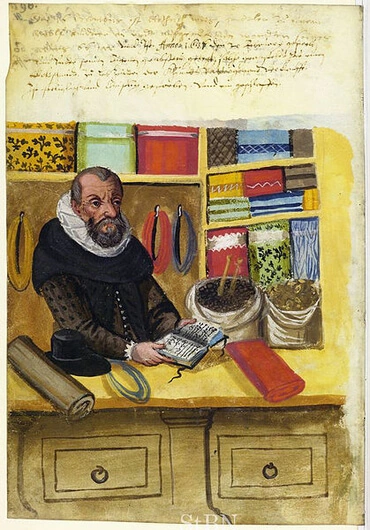4
Jutungo esta jafa jufatinas, para yanguin manajanaoyo gui mayetdomujo, jumaresibeyo gui guimañija.
4
Jutungo esta jafa jufatinas, para yanguin manajanaoyo gui mayetdomujo, jumaresibeyo gui guimañija.
作者: Brian David

In the literal sense, the steward here appears to be conniving, planning to ingratiate himself with his master’s debtors so he will have a place to go when he loses his job.
The internal sense is not quite so dark.
Debtors represent those who have "borrowed" truth – people who have a learned a great deal from others, but have not thought through it all and internalized it. Their houses represent their minds. The steward, as before, represents external religious ideas, which are true on the outside but cover over evil desires on the inside.
Because of that interior evil, those religious ideas can no longer serve the rich man. He has internalized his own spiritual ideas and built a life around them, and doesn’t need ritual and external rules to help him. But such external things might still serve a purpose with the debtors, who have learned a lot but have not put their ideas into order.